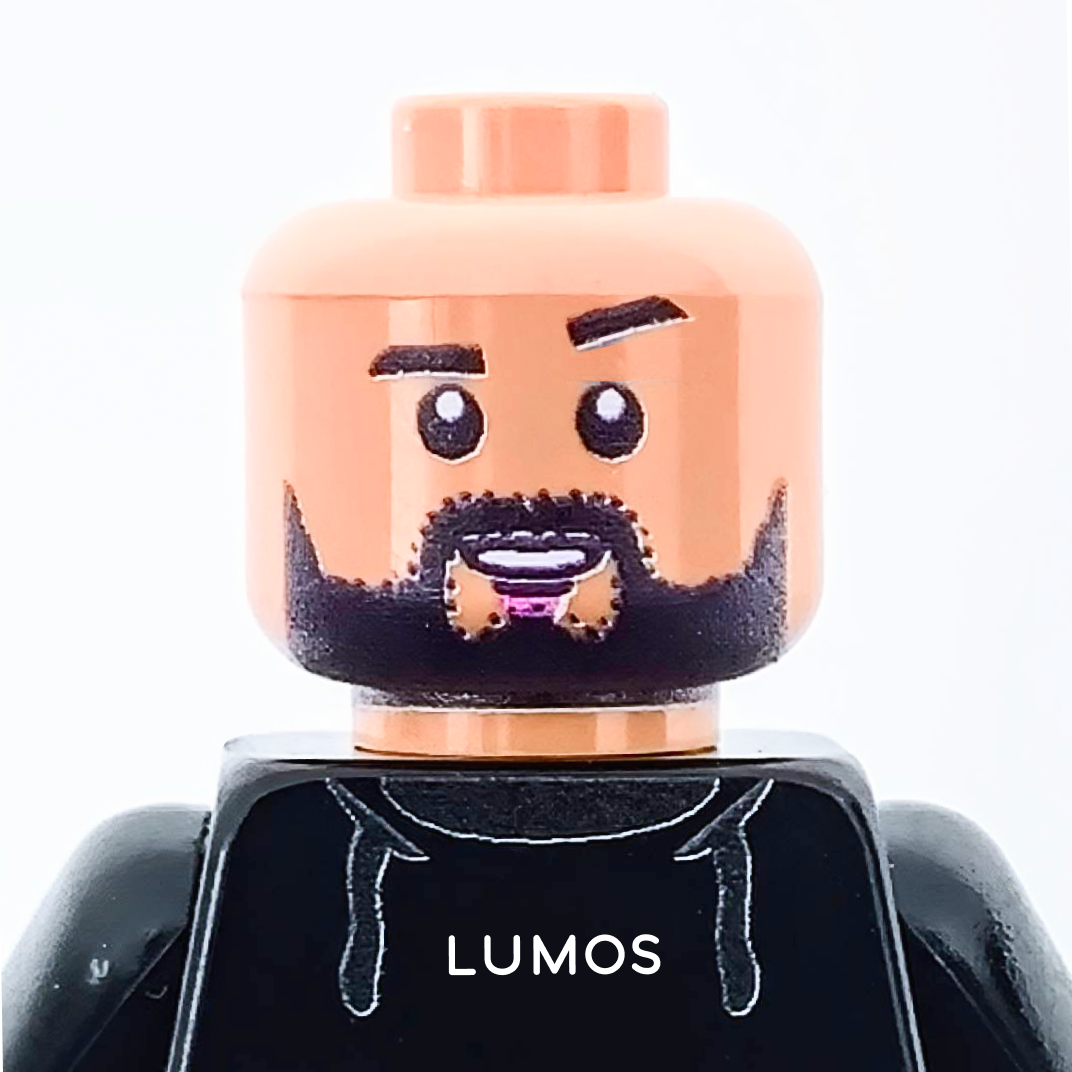LEGO Doesn't Really Support MOCers—And It's Time to Talk About It



For decades, LEGO has positioned itself as a champion of creativity, imagination, and community. But behind the colourful bricks and corporate marketing, one crucial segment of its fan base continues to be underserved: MOCers.
MOCers—those who build "My Own Creations"—are some of the most innovative, passionate, and prolific creators in the LEGO ecosystem. They design custom builds, develop intricate instructions, and fuel a massive fan-driven subculture. But despite their vital role in the community, LEGO offers them surprisingly little support.
No Real Path to Monetization
If you're a MOCer hoping to turn your passion into something sustainable, LEGO leaves you out in the cold. There is no official LEGO platform where MOCers can sell building instructions, custom sets, or even showcase their designs for compensation.
Instead, the only real marketplace for MOCers is Rebrickable, an independent site that allows users to upload, share, and sell custom instructions. LEGO does not promote it, endorse it, or integrate with it in any meaningful way and keeping all the information up-to-date is something that the creators of the site need to do on their own.
Contrast that with platforms like Etsy for crafters or YouTube for video creators—ecosystems where independent creators can thrive with platform support. LEGO, despite having the resources and community infrastructure, offers nothing comparable.
LEGO Ideas: Exciting, but Inaccessible
Some might point to LEGO Ideas as a form of support. It’s a great concept: submit your MOC, get 10,000 votes, and LEGO might turn it into an official set. But let’s be rea;—it’s more lottery than livelihood.
Only a handful of projects are selected each year. The path to 10,000 votes is long and often dependent on the individual's social media reach rather than design quality. It’s exciting, yes—but it’s not a realistic or scalable model for the thousands of MOCers producing incredible work every day.
Digital Design Tools: Abandoned and Outsourced
LEGO once supported its own design tool, LEGO Digital Designer (LDD), but that was discontinued. Today, most MOCers use Stud.io, a powerful tool owned by BrickLink—which is itself owned by LEGO.
But even here, support is passive. LEGO doesn’t promote Stud.io directly, and the tool’s updates are slow. MOCers rely on it because it's the best option available, not because LEGO actively maintains or improves it for their benefit.
Instruction Sharing? You're On Your Own
There is no official LEGO site where MOCers can upload, browse, or purchase custom instructions. Instructions are instead scattered across blogs, YouTube channels, and third-party platforms like Rebrickable.
This fragmented landscape makes it harder for fans to find MOCs and for creators to build a following or a business.
BrickLink Designer Program: Limited and Controlled
The BrickLink Designer Program offers a rare chance for MOCers to see their builds produced as official LEGO sets. But it's limited, highly selective, and tightly controlled by LEGO.
Only a few MOCs make it through, and even then, the process is slow and capped at small production runs. It's not a real marketplace—it's a promotional event.
AFOL Support Misses the Mark
LEGO’s AFOL (Adult Fans of LEGO) and LUG (LEGO User Group) programs are focused on organising community events and exhibitions. They offer perks like early access and discounts, but they don’t provide tools or opportunities to support creators financially or promote their work more broadly.
For MOCers trying to turn their talent into something more than a hobby, that’s not enough.
So What Would Real Support Look Like?
If LEGO truly wanted to support MOCers, here’s what it could do:
-
Create an official MOC marketplace for instruction sales.
-
Actively promote top MOCers through LEGO’s website and social media.
-
Provide access to exclusive parts or digital tools.
-
Launch a Creator Fund to sponsor talented designers.
-
Integrate Rebrickable or similar platforms into the LEGO ecosystem.
These changes wouldn’t just help MOCers—they’d enrich the entire LEGO community. Fans want to build the amazing models they see online. MOCers want to share and sustain their work. LEGO could easily close that gap.
Why Supporting MOCers Might Not Be in LEGO's Best Interest
From a corporate standpoint, it’s possible that LEGO views full support of MOCers as a threat to its tightly controlled brand and business model. MOCers create alternative narratives, custom instructions, and unique experiences that deviate from LEGO's official sets and themes. Encouraging a decentralized creator economy could dilute the value of LEGO's intellectual property and introduce quality control challenges.
Furthermore, LEGO operates in a mass-market space, where profit margins and product planning depend on predictable, scalable models. Empowering thousands of micro-creators introduces variability and risk that may not align with LEGO's centralized product pipeline.
There’s also the uncomfortable reality of competition. If MOCers gain the tools to profit independently, they may no longer rely on LEGO sets to create value. They might 3D print custom bricks, collaborate with alternative brick manufacturers, or move their audiences to ecosystems outside LEGO's control.
In short, not supporting MOCers may be a deliberate choice: one that protects LEGO's brand, product strategy, and market dominance—but at the cost of community creativity and long-term fan loyalty.
Final Thoughts
MOCers are not just fans—they’re artists, engineers, storytellers, and marketers. They give life to LEGO bricks beyond the box. They build the culture, the inspiration, and the future of the brand, but aren't given the treatment they deserve, given that they bring so much value to the brand.
So for now, MOCers remain the lovable rogues of the LEGO universe: wildly creative, occasionally rebellious, and entirely too talented for LEGO’s comfort.
It would be a real shame if a brand came along and started showing them some actual love...